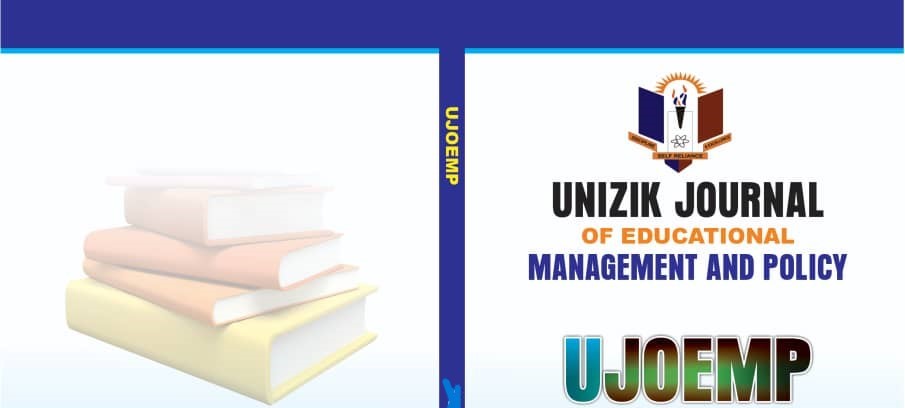Barriers to Implementing Internal Quality Assurance Practices in Public Secondary Schools in Enugu State.
Keywords:
Internal Measures, Quality AssuranceAbstract
This study investigated the state of quality assurance in secondary education in Nigeria, focusing on the implementation of internal quality assurance measures to enhance educational outcomes in Enugu State. The study was guided by give research purposes. Drawing on qualitative and quantitative data analysis from stakeholders, including educators, administrators, and policymakers, the research identifiedt critical challenges hindering effective quality assurance practices. These challenges include inadequate funding, insufficient professional development opportunities for educators, lack of stakeholder collaboration, and minimal involvement of teachers in decision-making processes. The study emphasized the need for a comprehensive strategy that fosters a culture of collaboration and open communication among all stakeholders in the education sector. Recommendations include among others; the establishment of ongoing professional development programs, mentorship initiatives for teachers, and active engagement of educators in quality assurance decisions to mitigate resistance and promote ownership of initiatives. Furthermore, the study advocates for increased funding from educational authorities to provide necessary resources, such as teaching materials and technology. By addressing these issues, the research posited that Nigeria could enhance its educational quality, by contributing to sustainable development and improved student outcomes in the increasingly competitive global landscape.




